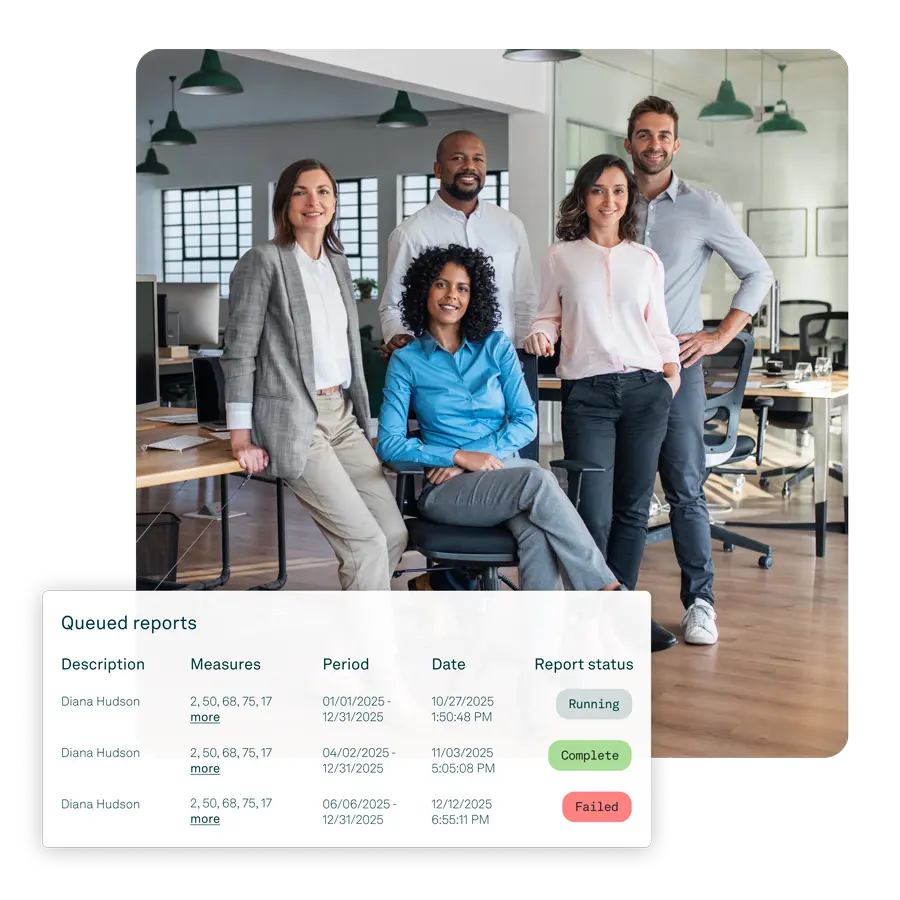
Only software that gets your claims paid! I’ve worked with a lot of software and claims reports, and this works best.
Sharon H
Stat Medical Consulting Inc.
4.5
4.1
Billing in-house, outsourcing, or running a medical billing company? Tebra helps you reduce denials, improve collections, and take the chaos out of getting paid.


Take control of your in-house billing with automation, real-time tools that speed up collections, and clear reporting to show what’s working. No EHR switch required.

Tebra connects you with trusted billing partners, so you can collect more without handling claims yourself. You stay in your EHR. You keep full visibility over performance and payments. Your partner takes care of the rest.
With Tebra, you can:

Tebra gives you the tools to win more clients, keep them longer, and run high-volume billing without burning out your team.
With Tebra, you can:
Estimate your monthly revenue leaks in 90 seconds with the free Revenue Recovery calculator.

Simplifying your billing doesn’t have to mean starting over. Tebra guides you from goal setting to implementation, so you can get paid faster with less manual work.
Tell us where you see the most friction: Too many denials, too much manual work, slow collections? During onboarding, we’ll map your goals to the right billing workflows.
Your implementation team will recommend automation and setup — from real-time eligibility checks to cleaner claim scrubbing — built around your existing workflow.
With Tebra in place you’ll send cleaner claims, reduce denials, and collect payments faster, without disrupting your current systems or the way your team works.